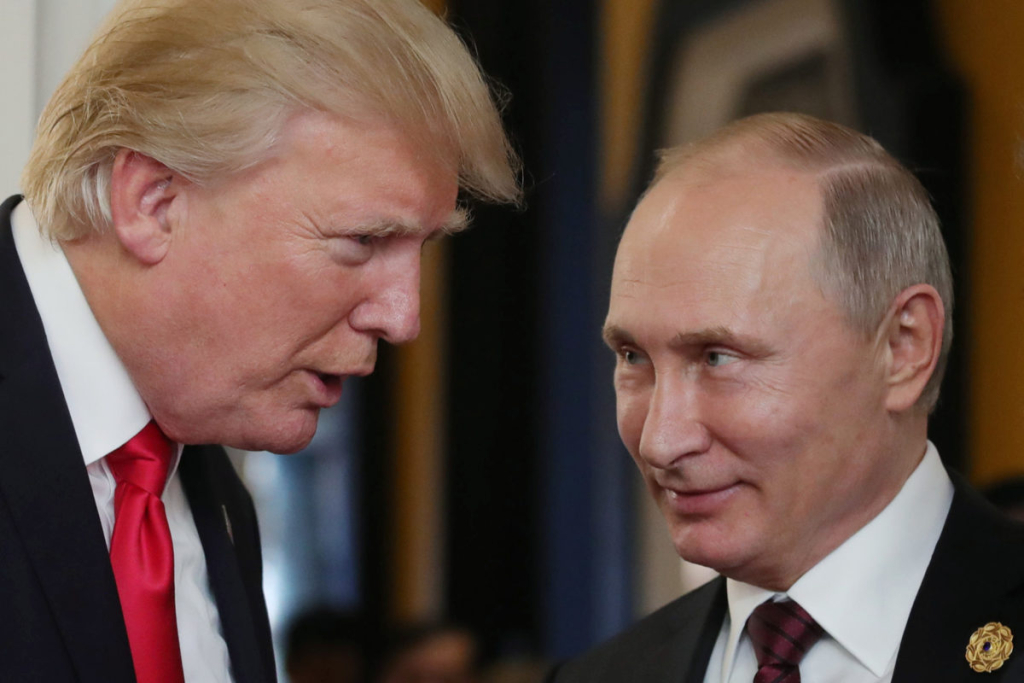During a meeting with British Prime Minister Keir Starmer in Scotland, former U.S. President Donald Trump declared a renewed push to expedite negotiations aimed at ending Russia’s military campaign in Ukraine. Trump stated he would impose a 10- to 12-day deadline for Russian President Vladimir Putin to engage in discussions over a potential ceasefire, asserting that further delays were unwarranted. “There is no reason in waiting,” he told reporters, underscoring his intent to pressure Moscow toward diplomatic talks.
The remarks, delivered during Trump’s visit to Scotland, mark his latest public intervention in the conflict, though he did not elaborate on specific strategies to enforce the timeline. When pressed for details, he reaffirmed the urgency, saying, “I am going to make a new deadline of about 10 or 12 days from today.” The announcement comes amid heightened global scrutiny over the trajectory of the war, now in its third year, which has displaced millions and drawn extensive international sanctions against Russia.
Prime Minister Starmer, who assumed office following the UK’s recent elections, has yet to publicly comment on Trump’s proposed deadline. However, his participation in the meeting signals ongoing coordination between Western allies to address the crisis. The discussion also highlights the evolving dynamics of international diplomacy, with key figures outside formal government roles, such as Trump, continuing to weigh in on geopolitical matters.
Analysts note that unilateral deadlines in complex conflicts carry significant risks, particularly without clear enforcement mechanisms or multilateral backing. Previous attempts to broker ceasefires, including initiatives by the United Nations and regional blocs, have struggled to gain traction as fighting persists along frontlines in eastern and southern Ukraine. Moscow has consistently dismissed external pressure to halt its military operations, framing the invasion as a “special military operation” necessary for national security.
The declaration aligns with Trump’s long-stated preference for swift resolutions to prolonged conflicts, though critics argue such timelines may oversimplify the entrenched challenges of war diplomacy. Ukrainian officials have repeatedly emphasized that any peace agreement must include the withdrawal of Russian forces and respect for the country’s territorial integrity—conditions Moscow has rejected.
As the proposed deadline approaches, attention is likely to focus on whether global stakeholders can coalesce around a unified strategy to advance negotiations. The involvement of high-profile figures like Trump, coupled with shifting political landscapes in NATO member states, adds layers of complexity to an already volatile situation. For now, the announcement serves as a reminder of the persistent international calls to end a conflict with devastating humanitarian consequences.
